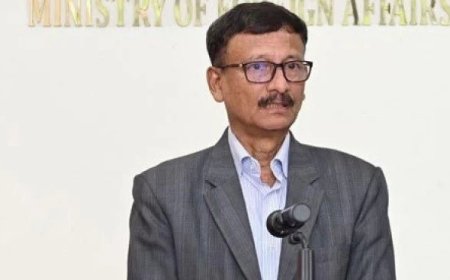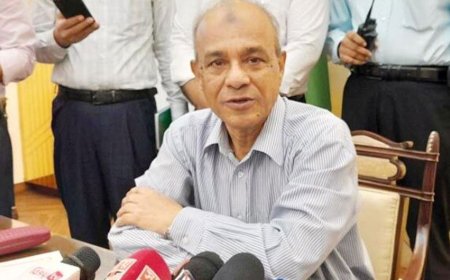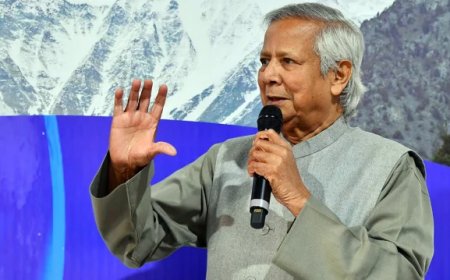A study reveals that 55% of young people are interested in relocating abroad, citing reasons such as unemployment, corruption, and discrimination
A study reveals that 55% of young people are interested in relocating abroad, citing reasons such as unemployment, corruption, and discrimination

A recent study titled *Next Generation Bangladesh 2024*, commissioned by the British Council, reveals that 42% of the country's youth are deeply concerned about unemployment, attributing it to factors like corruption, nepotism, employment discrimination, and a lack of work-life balance. Consequently, 55% of young people are considering moving abroad.
The findings were shared during an event at the British Council auditorium on Dhaka University's Fuller Road on Wednesday. This is the third report in the series, with previous versions published in 2010 and 2015. The current study, conducted in November and December 2023, surveyed 3,081 individuals aged 18 to 35 from diverse backgrounds across Bangladesh. Aybek Ilyasov, Senior Research Director at M&C Saatchi World Services, presented the findings. Notably, while 60% of youth surveyed in 2015 believed the country was moving in a positive direction, this figure has declined to 51% by 2023. Data from 2015 regarding interest in emigration was not immediately available for comparison.
The survey found that 37% of respondents identified corruption and nepotism as primary drivers of unemployment, while 20% pointed to discrimination in hiring practices and 18% cited an imbalance between family life and work. Additionally, 44% of young participants expressed interest in starting their own businesses within the coming year.
Other survey insights include that 72% of youth were interested in voting in the National Assembly elections held on January 7, though 65% felt politically disengaged. Following that election, the Awami League formed a one-sided government, which later faced student-led protests in July and August of the following year. The report also reveals that 66% of Bangladeshi youth are regular internet users, with usage rates at 77% for males and 56% for females. Domestic violence affects 27% of young women, and 30% of youth believe that men and women are not equal, while 25% feel that women should not enjoy the same freedoms as men outside the home.
In terms of development priorities, youth highlighted education as the top area needing improvement, with 49% expressing concerns about inadequate teaching quality and outdated curricula that do not align with modern job market demands.
At the event, British High Commissioner Sarah Cook expressed the UK government's commitment to supporting Bangladesh’s interim government and its people in working toward an inclusive, democratic, and prosperous future. Lamia Morshed, Chief SDG Coordinator for the Interim Government’s Chief Adviser, emphasized the government's commitment to upholding human rights, enacting non-discriminatory laws, and pursuing policies that serve the public interest. British Council South Asia Regional Director Helen Sylvester and British Council Country Director Stephen Forbes also spoke, including in a session titled *Skills for the Future*.
What's Your Reaction?





















































































